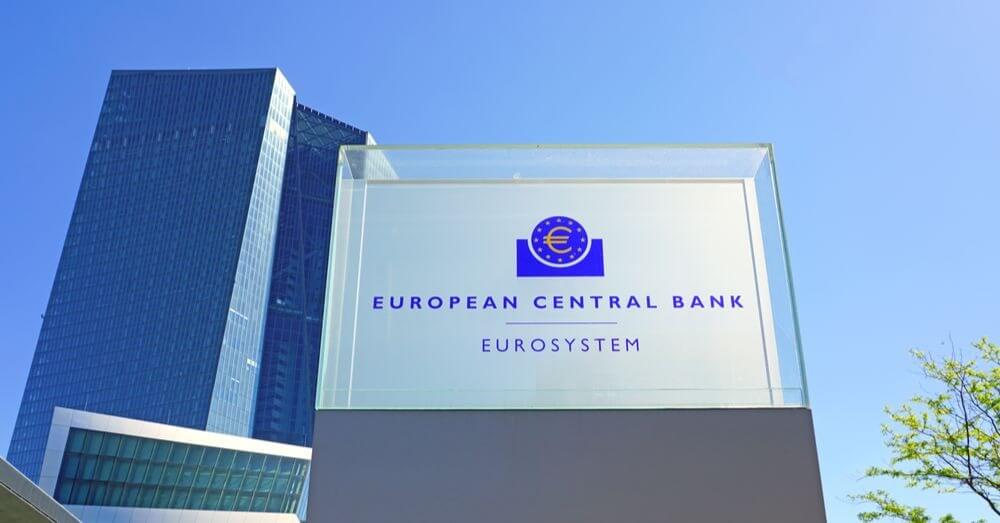
The European Central Bank is considering furthering its studies on the digital euro by the middle of 2021 as it looks to catch up to the rest of the world
The European Central Bank (ECB) published a report on October 2, where it revealed it would carry out further studies on the digital euro by next year. Central bank-issued digital currencies (CBDCs) have become a hot talking point in the financial world, with several central banks worldwide reported to be developing digital currencies.
However, before it can develop the CBDC, the ECB wants to carry out an extensive digital currency study.
The report looked into the different ways the digital euro could affect retail payments and lead to better protected payments in the future. Furthermore, the ECB will also look at cryptocurrencies that are going to fit into the existing Eurosystem. At the moment, there is no definite model the ECB intends to adopt when and if it releases the digital euro.
Digital euro to power digitalisation of Eurosystem
The bank gave three primary reasons in favour of issuing the digital euro. One of the reasons mentioned by the ECB is that the digital euro could support the digitisation of the Eurosystem.
The report stated that a digital euro can be issued to support the digitalisation of the Eurosystem and the strategic independence of the EU. It could also be to reduce the role of cash as a means of payment, to curb the spread of foreign CBDCs and private digital payments in Europe, as well as mitigate the risks of regular payment services.
According to the report, a digital euro could support the European Union’s (EU) objective of providing its citizens with access to a secure form of money in the evolving digital world. By doing so, Europe would continue to play a critical role in innovation.
Another advantage of the digital euro is that it would contribute to the Eurosystem’s strategic autonomy by affording citizens an alternative to foreign payment providers, ensuring fast and efficient payments in the Eurozone and beyond.
The ECB mentioned a few criteria that the digital euro has to meet if created: the digital euro must be in line with the latest technology. It should have distinctive cash features, be free of charge, easy to use and must protect citizen’s privacy. The digital euro must also be available outside the Eurozone, environmentally friendly and cost-effective. The ECB is considering the digital euro to be a form of payment to help avoid price fluctuations.
At the moment, the ECB is yet to decide on developing a digital euro or not. However, ECB President Christine Lagarde has been supportive of the digital euro but emphasised it would not replace fiat currency straight away.

